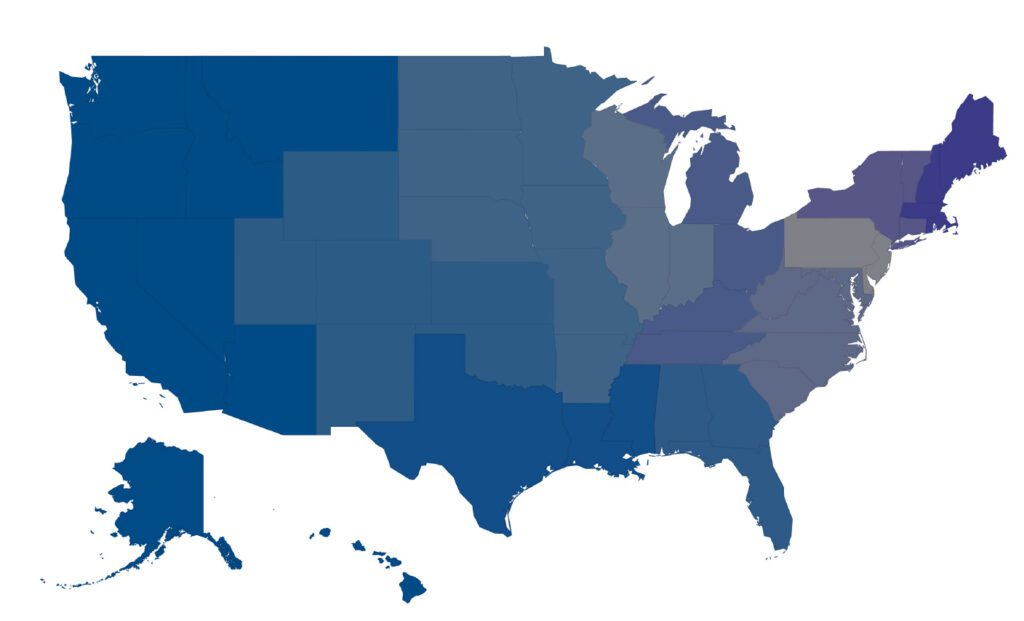Idaho
Idaho Appellate Rule 13. Stay of Proceedings Upon Appeal or Certifications
“(a) Temporary Stay in Civil Actions upon Filing a Ntoice of Appeal or Notice of Cross-Appeal. […]
(b) Stay Upon Appeal – Powers of District Court – Civil Actions. In civil actions, unless prohibited by order of the Supreme Court, the district court shall have the power and authority to rule upon the following motions and to take the following actions during the pendency on an appeal; […]
(15) Stay execution or enforcement of a money judgment upon the posting of a cash deposit or supersedeas bond by a fidelity, surety, guaranty, title or trust company authorized to do business in the state and to be a surety on undertakings and bonds, either of which must be in the amount of the judgment or order, plus 36% of such amount. Provided, an agreement not to execute on the judgment made pursuant to Rule 16(b) may be filed in lieu of such bond or cash deposit. Any bond filed pursuant to this rule shall state that the company issuing or executing the same agrees to pay on behalf of the appellant all sums found to be due and owing by the appellant by reason of the outcome of the appeal, within 30 days of the filing of the remittitur from the Supreme Court, up to the full amount of the bond or undertaking. A copy of the bond, agreement not to execute, or notification of a cash deposit shall be served upon all parties to the appeal at the time of the application for the stay of execution. Any objection to the sufficiency of a cash deposit or bond posted under this rule shall be waived unless a written objection is made in the form of a motion and filed with the district court within 21 days of the filing of such bond or cash deposit.[…]”
ID Code § 13-202
“(1) Upon and after an appeal of a judgment or order of the district court in a civil action, the judgment or order appealed from, or any other order or proceeding in the action may be stayed by the district court or the supreme court as provided by rule of the supreme court.
(2) If a plaintiff in a civil action obtains a judgment for punitive damages, the supersedeas bond or cash deposit requirements shall be waived as to that portion of the punitive damages that exceeds one million dollars ($1,000,000) if the party or parties found liable seek a stay of enforcement of the judgment during the appeal.
(3) If the plaintiff proves by a preponderance of the evidence that a party bringing an appeal, for whom the supersedeas bond or cash deposit requirement has been waived, is purposefully dissipating its assets or diverting assets outside the jurisdiction of the United States courts, waiver may be rescinded and the bond or cash deposit requirements may be reinstated for the full amount of the judgment.
(4) The supersedeas bond or cash deposit requirements may also be waived in any action for good cause shown as provided by rule of the supreme court.”

**In Federal cases the bond requirement is governed by Federal Rule of Civil Procedure “62(b) Stay by Bond or Other Security. At any time after judgment is entered, a party may obtain a stay by providing a bond or other security. The stay takes effect when the court approves the bond or other security and remains in effect for the time specified in the bond or other security.”**
The information contained on our site is for general information purposes, and you should consult with your attorney for the most up to date civil code or local rule that applies to your case.
Choose the State...
Experience the CSBA Difference today
Expert Guidance • First-Class Service • More Options








